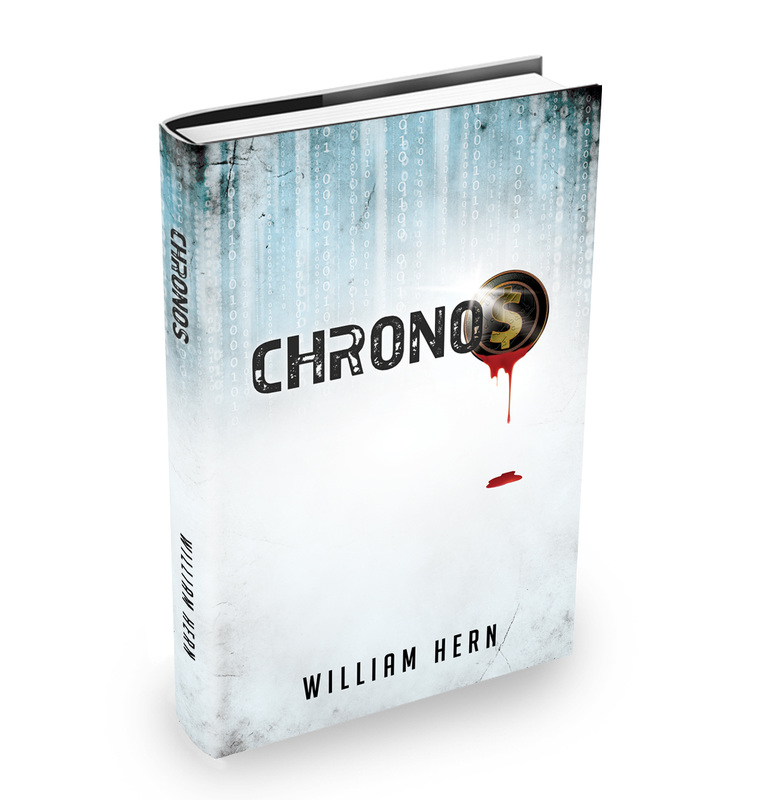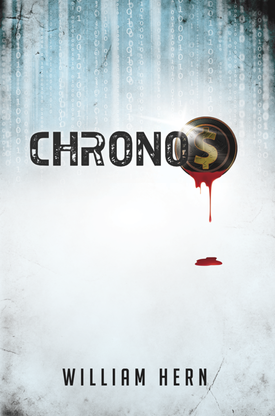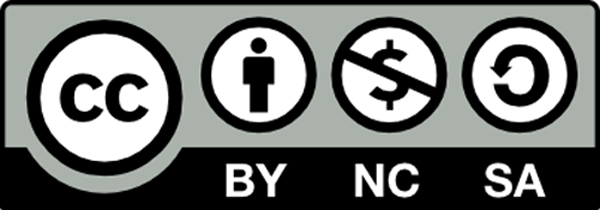|
Last Saturday's Guardian newspaper featured an interesting article on the rise in the use of the present tense in novels.
CHRONOS is predominantly written in the present tense but it wasn't always thus. The first draft, written back in November 2013, used the past tense exclusively. By the time I started work on my second draft, in April 2014, I had decided to switch to using the present tense. I had experimented with the use of it since wrapping up the work on the first draft and I liked the way it sped up the movement of action scenes, always useful when writing a thriller. For me, the use of the present tense complemented the choice of first person narrative. Using the present tense for the narration pulls the reader into the story, making them feel that they are standing alongside the hero as the action unfurls around them. The use of the present tense also helped to distinguish between the scenes set in the "present" (i.e. the near future) and the historical scenes. Although only two historical scenes are in the final version of the book (the first time that Max and Tom meet and Max's catastrophic data loss), there were originally far more of these scenes. Indeed, my original plans for the whole first third of the book to be given over to having alternating chapters, one set in the present and one in the past. As the novel progressed, I gradually cut the number of historical scenes down. Some were cut due to pacing concerns and others were ditched because I couldn't get the tone right (I struggled for several weeks with a flashback scene to Tom's fourth birthday, where he got lost by himself in the maze at Hampton Court Palace, never being satisfied that my "voice" for the four-year old Tom was sufficiently authentic). Although switching the tense of fifty-thousand-plus words was a major pain in the neck, I'm pleased with the outcome. The resulting text feels zippier and the characters sound more immediate and alive. It was a big change to make but I think that it paid off.
0 Comments
Starting on Wednesday January 20th 2016, printed copies of "CHRONOS" will be available to order from this website.
I had originally hoped to make the physical book available before Christmas but, despite the best efforts of me and the printers, we weren't able to get the design refined to my satisfaction in time. It's just about there now but we're now heading into the holidays. Rather than take people's money now and risk copies getting caught up in the Christmas post, I'd prefer to push availability back until mid-January. There is one silver lining to this delay - it provides me the opportunity to recognise readers who help me correct typos in the novel. So, if you spot a mistake, let me know via the "Contact" option on this website. If you're the first to have spotted it, I will give you a mention in the "Acknowledgements" section of the printed book. So, get hunting for them pesky typos! The deadline for submitting mistakes to me is 11.59 PM GMT on January 1st 2016. It's been a week since I made "CHRONOS" available for download and I've been delighted by the sheer number of downloads of the book. This popularity does come at a cost however - I know that some people have experienced slow download speeds at certain times. If you continue to experience problems downloading, drop me a note via the website and I will point you to alternative download links.
In order to give me some basic metrics, I configured the download links as bit.ly links. This means that I can count the number of downloads of each format of the book, helping me understand which are the ones that people find best. I also get metrics on the country that the downloader is located in. I collect no other information on who is downloading my book or where they are located. Format-wise, the PDF version is the most popular choice for downloading, although Mobi (Kindle) isn't far behind. HTML and ePub are tied for third place. Supporting a broad range of book formats is really only possible by going down a non-DRM path, so I'm very glad that I made the decision to release my book under a CC licence. Canadians have made the most downloads, followed by people in the UK, Germany and the US. The book has also been popular in France. Downloads have come from far and wide. "CHRONOS" has readers as far afield as Hong Kong, Venezuela, Israel, Argentina and India. A number of readers have already finished the book and have written to me. I'm delighted that people seem to be enjoying reading the book as much as I enjoyed writing it!
There are less than twenty-four hours to go until "CHRONOS" is published. It will be released in a variety of ebook formats, including PDF, ePub, Mobi, TXT and Open Office. There'll also be an HTML version that will be viewable directly from this website.
"CHRONOS" is being released under a Creative Commons licence. That means that none of the electronic formats published will be encumbered with DRM (Digital Rights Management) software. If you read my novel and enjoy it, I hope that you'll pass the story on to your friends and colleagues to enjoy too. DRM would get in the way of that. I'm releasing the novel in a range of popular ebook formats but there are many others. If I've missed your favourite format, then feel free to go ahead and generate it - the terms of the CC licence allow this.Send it to me and I'll put it up on the website (with an appropriate acknowledgement, of course). So you have the freedom to copy, distribute and remix my novel as you see fit. All I ask in return is that a) you retain my name in all copies, b) you make only non-commercial use of my work and c) any remixes or transformations are released under the same CC licence. I'm releasing the ebooks free of charge with the aim of getting them distributed as far and wide as possible. However if you do want to pay me something for the time and effort I've invested into this book then there will be a couple of ways to do this:
I used Scrivener to write most of "CHRONOS". It was the first major project that I had undertaken using this software and I come away very impressed with it.
Scrivener is a combined word processor and outliner. It has been designed with the entire writing workflow in mind, right from the point the author has just a couple of ideas written down on Post-It notes through to the point at which final proofs are being generated for ebook production or physical book printing. I used the Mac OS X edition but there is one for Windows as well. The two historically have differed somewhat in function and look-and-feel, but I believe that they have been coming closer together in recent versions. Scrivener makes it very easy to take single line summaries of chapters or scenes and flesh them out into full passages. Moving around is lightning quick, even when project files become large (at one stage, I had over half a million words in my project file - Scrivener didn't blink at this, even on my relatively low-powered MacBook Air laptop). I found that I review text best when I'm sitting away from a computer display. For this purpose, I would generate an ePub version of my book and load it into the iBooks app on my iPad. That would then allow me to take my current work with me to the coffee shop or library and allow me to review the text in comfort. I would mark up the ePub version using iBooks' comment feature and then email the comments into Evernote for following up on later. Scrivener takes data integrity very seriously. It is constantly auto-saving in order to avoid losing any writing. And you can save a full backup of the project when you quit the application. Individual chapters and scenes can be versioned, allowing the author to revert to a previous version if something goes hideously wrong (with the writing I mean!) I'm publishing "CHRONOS" in multiple formats, both printed and ebook. Here again Scrivener has proved essential. It can generate a wide range of ebook formats (ePub, Mobi/Kindle, PDF, Word, OpenOffice, HTML and TXT to name just some) as well as producing the final file for sending off to the printers for the physical book. This allows me to have one single version of the novel's text that goes into all these different versions. This helped me immensely in the last few days, as I made lots of little changes and tweaks across the whole novel. My only real complaint about Scrivener is to have a moan at its publisher, Literature and Latte, about what is happening with an iPad edition of the software. L&L first announced that an iPad version was under development back in December 2011. In March 2015 L&L said that the software was feature complete and that the product was now going through internal beta-testing. They then published a job posting for a second iOS developer last June, saying that they needed help in polishing up the software. In the five months since, we've heard nothing. It's all very frustrating, particularly with the new iPad Pro being released this week, which should be an ideal device for Scrivener to run on. Being able to run Scrivener in split-screen mode, alongside apps like Evernote is pretty much my dream set-up for writing, especially if the project files can be shared with the copy of Scrivener running on my desktop Mac. In the meantime, I'm casting envious glances across the border, into Windows land, and wondering whether a Microsoft Surface Book, running the Windows 10 version of Scrivener, might make for the best writing environment for my second novel. I'm resisting the Siren calls for now, but the longer we hear nothing more about iOS Scrivener, the more tempting this option will become. |




 RSS Feed
RSS Feed